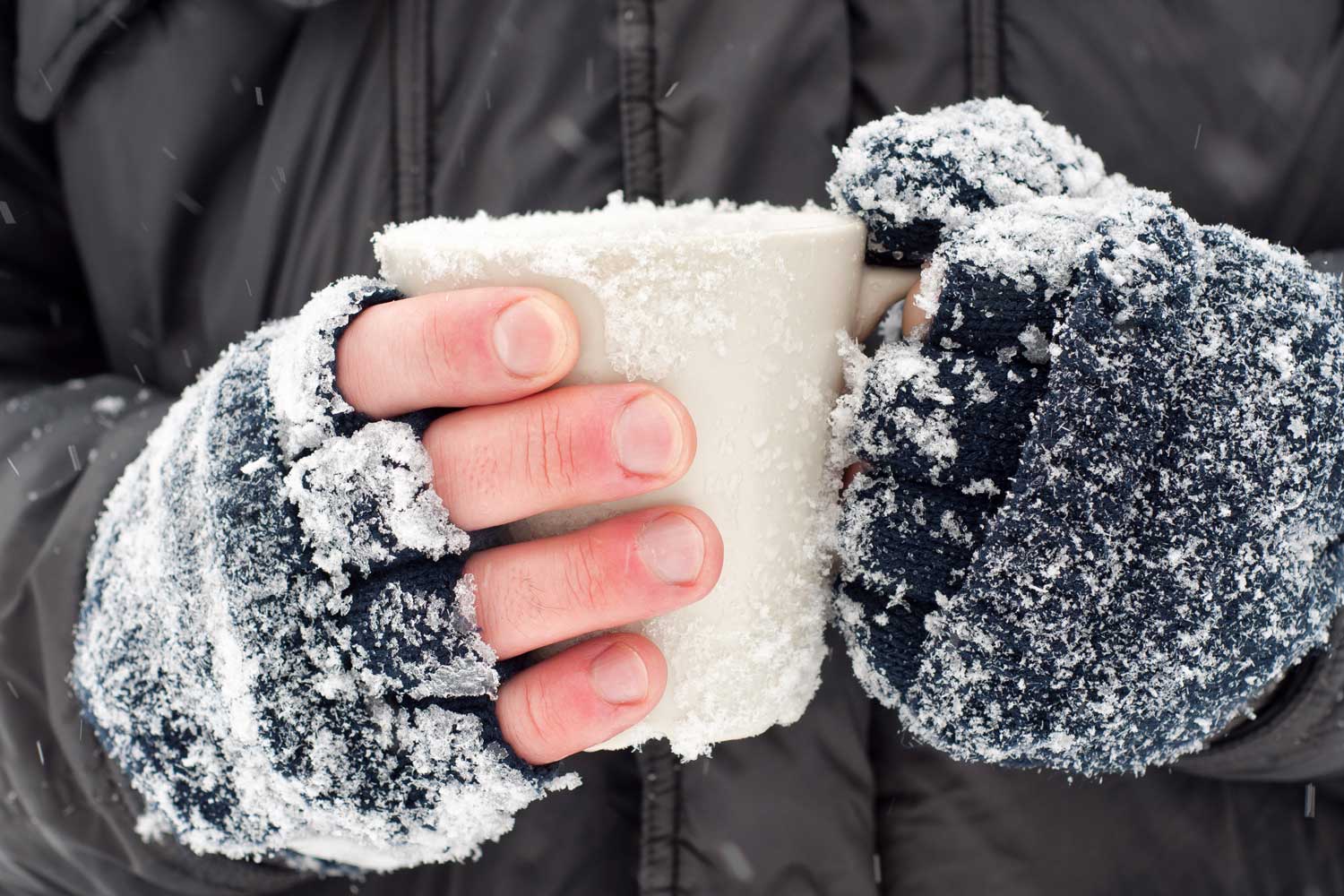Video consultations now available

Do you have dry hands this winter? Are your fingers and knuckles suffering in the cold? Are your extremities so parched you are becoming a fire hazard?! Well, you aren’t alone!
It may seem weird that at the time of year when temperatures are lower, your skin is the driest. If you want to dry something out you warm it up on the radiator, right? During the winter, the skin is actually much more likely to dry out. The telltale signs are soreness, scaling and slight redness.
Hands are especially vulnerable, typically the knuckles. Why does this happen? Well, cold temperatures lower absolute humidity meaning that the air is, therefore, unable to hold as much water. This, combined with the fact that indoor temperatures often climb (because of central heating), means that water simply evaporates from the skin causing it to dry and crack, a little like the base of a dry river bed.
So, how can you treat and prevent dry hands?
If you have dry skin then soap is your worst enemy, especially in a bar format. Instead, try washing with a moisturising cream. Look for ingredients like glycerin and lanolin which will soften and waterproof the outer layer of the skin. Moisturising washes are available for the shower. If in doubt, ask your pharmacist for advice.
The golden rule is to avoid anything that lathers. Bubbles are bad for dry skin.
Although it may feel nice at a cold time of year, try to avoid hot water. It is more likely to strip your skin of the natural oil it needs to stay waterproofed. Instead use water that is warm.
When you have washed your hands apply a moisturiser to lock the water in. Thicker creams or ointments are better, but you may find thinner hand creams or lotions are more practical and feel more comfortable during the day. Again, avoid anything too perfumed.
Nighttime is your chance to repair the damage to your skin. Look for a cream or an ointment rather than a lotion, which will be less effective. Ointments containing petroleum jelly are especially effective. Put it on all over and thickly too. If your hands are bad, avoid anything which smells perfumed, as it is more likely to irritate. Let it soak into your skin whilst you sleep and wake up with softer hands.
Wearing gloves when outside will increase the humidity of the air next to your skin and slow down skin water loss. Keep your hands warm and protected and you should help prevent your skin drying out.
If your hands are painful, dry, cracked or bleeding and are not responding to these measures, then book to see a dermatologist. They’ll be able to give expert help and advice.
 eBook Download: Top Ten Winter Skin Care Tips
eBook Download: Top Ten Winter Skin Care Tips